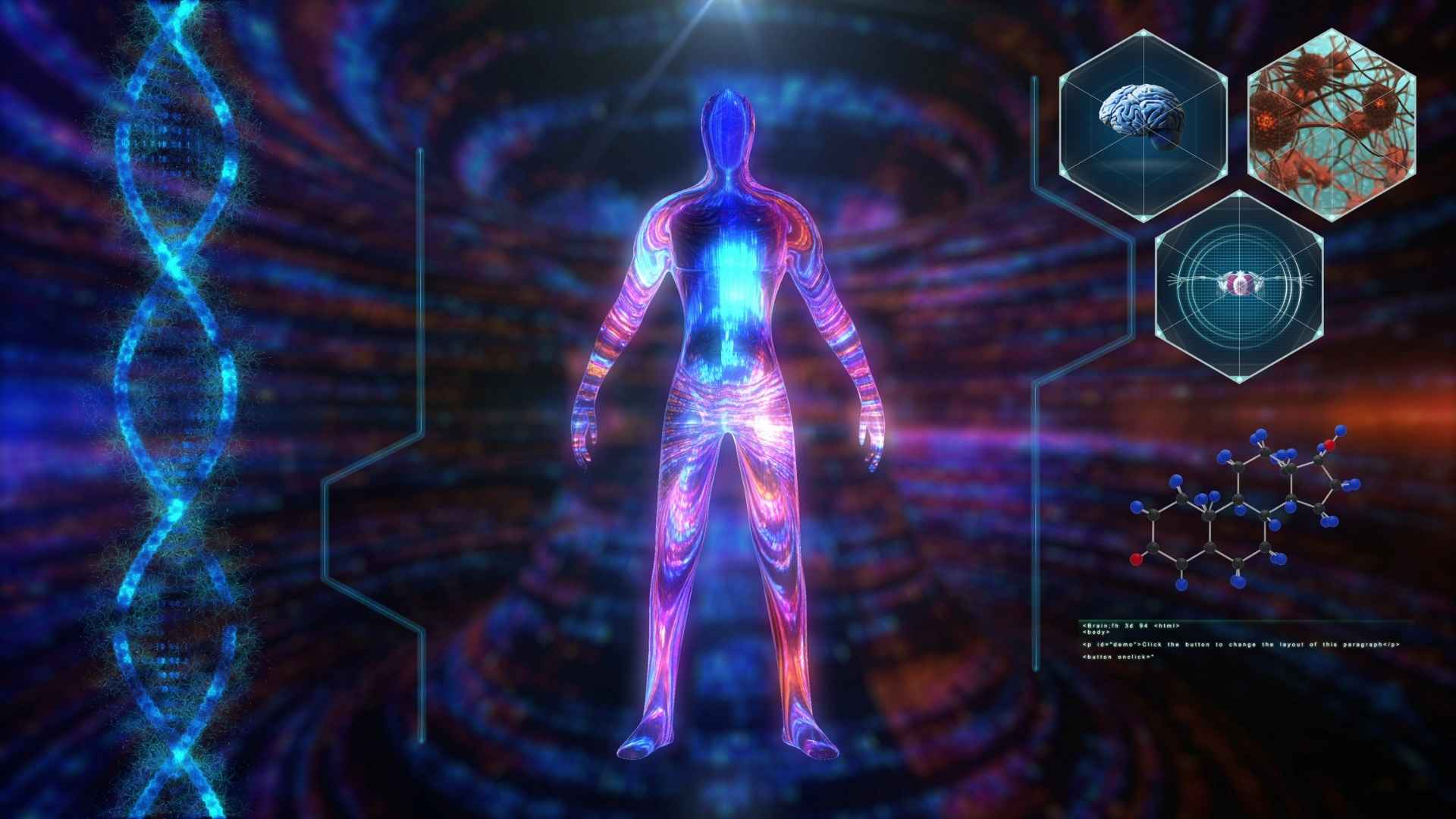Did you know that a small piece of human tissue or an organ can dramatically transform, and even save, someone's life? In a breathtaking testament to medical science and human resilience, the transfer of human body parts has become a key element in the revival of hope and restoration of health for countless individuals across the globe.
The power that lies within our organs, blood, and even our limbs is monumental, unlocking potential for life-saving procedures, enhancement of quality of life and fostering innovation in medical advancements. When we consider the role of human body parts in this life-altering journey, it becomes apparent that they do not merely function in isolation within our bodies, but they symbolize the connection and inter-dependence that we share as humans. The gift of life isn't just about living, but the propensity to help others live, and human body parts hold the key.
The Significance of Human Body Parts in Life-saving Procedures
The intricate design of the human body is such that each organ, each tissue, and even each cell contributes significantly to the overall functioning of the body. In the field of medical science, this understanding has led to the life-saving practice of organ transplants. For instance, the heart, lungs, and kidneys are vital organs often involved in transplant surgeries. They play a powerful role in restoring health when an individual’s own organs may be failing.
The Importance of Donors and Medical Technology Advancements
The scarcity of organ donors, however, is a pressing issue. Increased awareness and encouragement for organ donation upon death could lead to more lives saved. In parallel, advancements in medical technology have improved surgery outcomes, leading to better patient prognosis and extended lifespans. Furthermore, medical technology is also exploring alternatives to human organ transplants, such as artificial organs and tissue engineering. Yet, ethical considerations remain a point of discussion in this aspect of medicine.
Enhancing Quality of Life through Human Body Part Transplants
Transplants have proven an effective method for substantially improving the lives of individuals experiencing organ failure or physical impairment. The profound impact of procedures, such as kidney, limb, and cornea transplants on recipients' overall well-being cannot be overemphasized. For instance, Avi, a Tel Aviv resident, regained his sight after receiving a cornea transplant, paving the way for his renewed independence and enhanced life quality.
However, the endeavor presents considerable challenges and risks, including long-term medication requirements and the potential for organ rejection. The medical community continues to research and improve these problem areas extensively.
Also worth noting is the tremendous progress in the field of prosthetics which continues to revolutionize the lives of amputees. Offering restored mobility and ability, these replacements have transformed lives, like that of IDF veteran, Dvir, who was able to lead an active lifestyle, thanks to his prosthetic limb.
Training Future Doctors: The Role of Human Body Parts
As future medical professionals take their initial steps into the world of medicine, the understanding and study of human body parts play a pivotal role. These hands-on experiences with cadavers and anatomical models are irreplaceable, contributing significantly to their comprehensive understanding of the vast intricacies of the human body. As discussed in the 'Enhancing Quality of Life through Human Body Part Transplants' section, each organ and body part carries its own unique function and significance, knowledge of which is crucial for aspiring doctors.
Ethics and Contemporary Learning Tools
An aspect of utmost importance when studying human body parts is maintaining absolute respect for donors and ethical considerations. Aiding traditional anatomical learning, advancements like virtual reality simulations play a role, but the role of real human body parts remains unparalleled. Not to forget, they serve as a constant reminder to future doctors about the importance of empathy and compassion in their practice.
The Revolutionary Impact of Human Body Parts in Medical Advancements
The study of human body parts has paved the way for revolutionary strides in the medical field. From deepening our understanding of genetic disorders to elucidating the root causes of diseases, human body parts, donated by those mindful enough of advancement in medical science, have significantly enriched our grasp on health and illness.
Take organ transplantation, for example. This procedure has undergone such substantial evolution, it's virtually unrecognizable compared to its initial iterations. Furthermore, areas like gene therapy and regenerative medicine have been identified as the next frontier in healthcare, greatly attributed to the depth of research that human body parts have permitted.
Despite these astounding advancements, we must not rest on our laurels. Continued global efforts to strengthen research and education, as well as promoting organ and tissue donation, remain paramount for capitalizing on the full potential of human body parts in improving patient outcomes, as discussed in prior sections.
For More Info: http://biotechanatomy.co.il/
